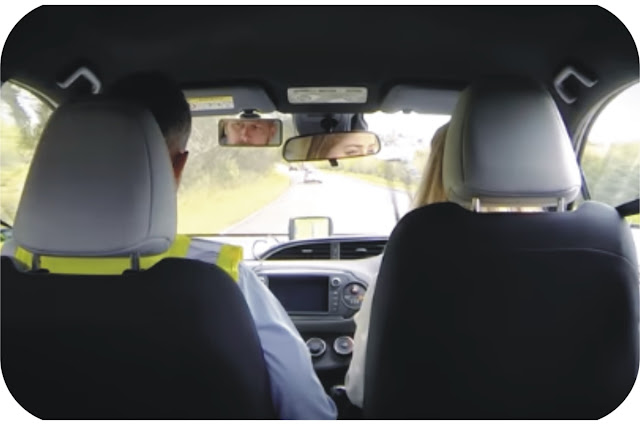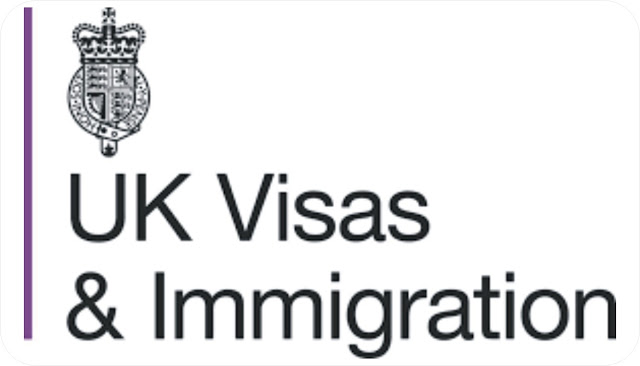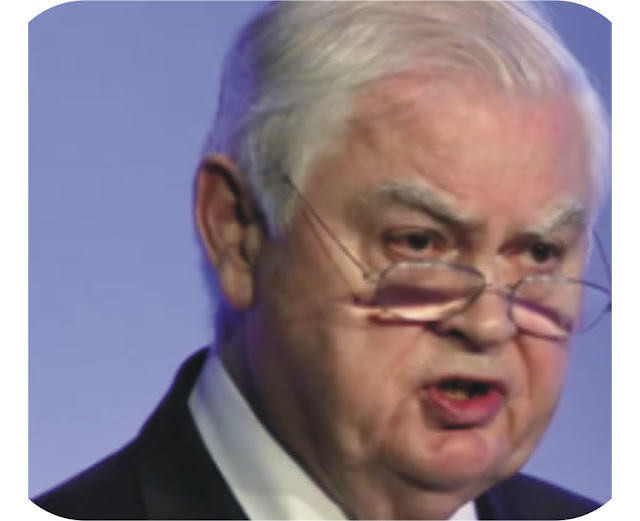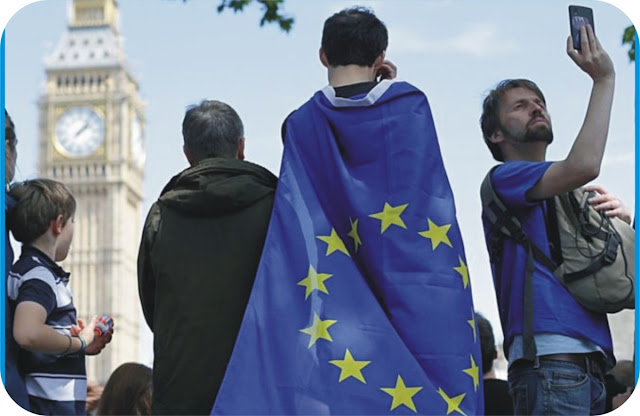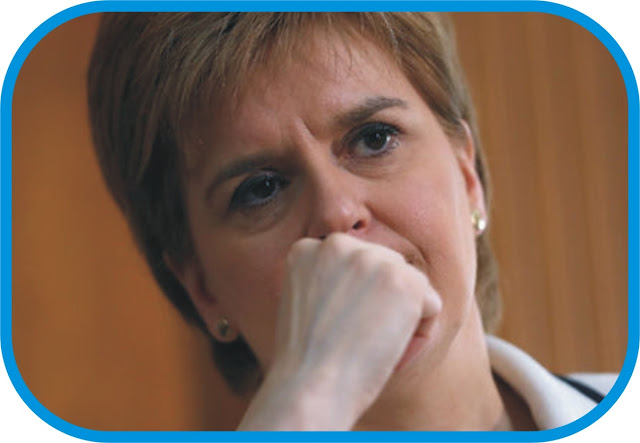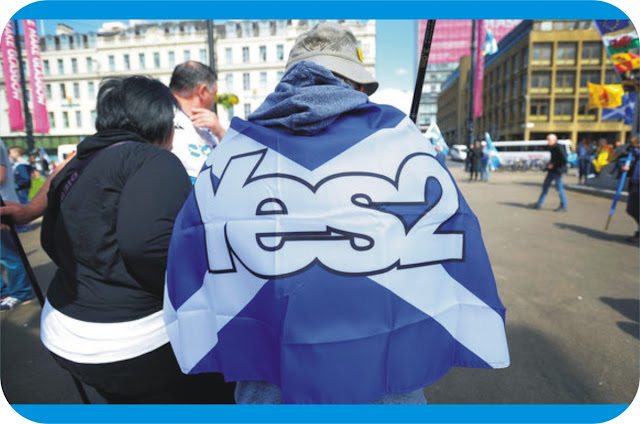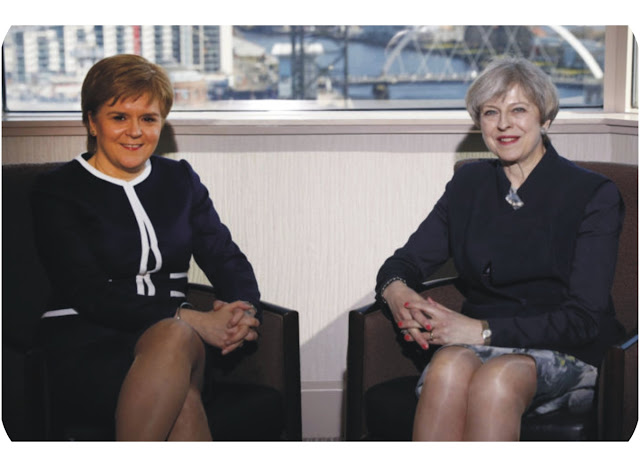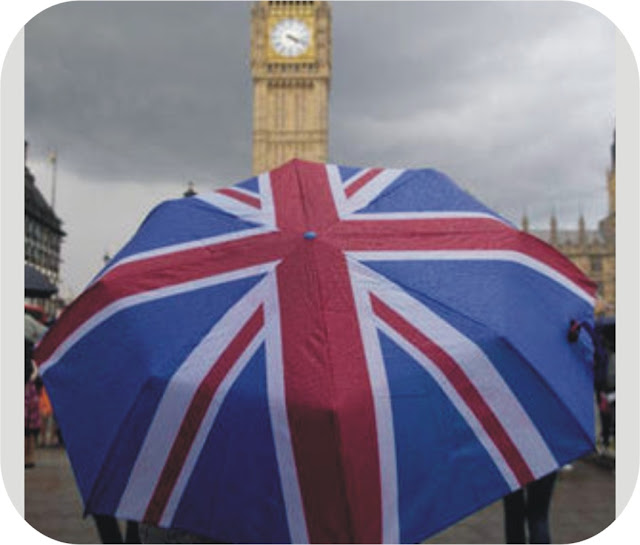All now set for the official departure of the United Kingdom
to say farewell to the European Union after over four decades of cordial relationship
in the continent.
About nine months after the British people went to the poll
to decide their future and take full control of their border, law, economy, to
mention but a few, today the Prime Minister will trigger the long waited
Article 50 by officially notifying Brussels.
While addressing MPs in the House of Commons, the PM will
also make her statement concerning getting the right deal for the British
people and all EU nationals residing in the United Kingdom.
"We are one great union of people and nations with a
proud history and a bright future," she will say.
"And, now that the decision has been made to leave the
EU, it is time to come together."
Despite the fact that the PM will approach the Article 50
triggering in a strictly business-like manner, lot of pro-Brexit MPs will be in
a celebration mood. Even after being dissuaded from organising Article 50
parties, report has it that so many of the are putting plans to disregard the
plea to start the celebration once the PM’s question time is over.
In her Commons statement, the PM will say: "When I sit
around the negotiating table in the months ahead, I will represent every person
in the whole United Kingdom - young and old, rich and poor, city, town, and
country and all the villages and hamlets in between."
Also, meaningfully, after strong pressure from MPs in recent
months, she will add: "And yes, those EU nationals who have made this
country their home."
Concerning Brexit negotiations, she will pledge: "It is
my fierce determination to get the right deal for every single person in this
country.
"For, as we face the opportunities ahead of us on this
momentous journey, our shared values, interests and ambitions can - and must -
bring us together.
"We all want to see a Britain that is stronger than it
is today. We all want a country that is fairer so that everyone has the chance
to succeed.
"We all want a nation that is safe and secure for our
children and grandchildren. We all want to live in a truly global Britain that
gets out and builds relationships with old friends and new allies around the
world.
"These are the ambitions of this Government's Plan for
Britain. Ambitions that unite us, so that we are no longer defined by the vote
we cast, but by our determination to make a success of the result."
Meanwhile, Labour leader Jeremy Corbyn, who will respond to
the PM's speech, said ahead of the triggering of Article 50 that his party
would hold the Government to account all the way.
"The Conservatives want to use Brexit to turn our
country into a low wage tax haven," he claimed.
"Labour is determined to ensure we can rebuild and
transform Britain, so no one and no community is left behind.
"It will be a national failure of historic proportions
if the Prime Minister comes back from Brussels without having secured
protection for jobs and living standards.
"That's why Labour has set the clear priorities of full
access to the European market, rights at work and environmental protection. And
we will hold the Government to account every step of the way."
Similarly, UKIP leader Paul Nuttall claimed his party would
be "the guard dogs of Brexit, holding the Government's feet to the
fire" and he warned there must be "no backsliding".
"Today the Government will finally act on the historic
decision of the people of this country to leave the European Union," he
said. "Finally, nine months after our vote, the UK will formally inform
the EU that we are leaving.
"UKIP is delighted that this is eventually happening.
Twenty-four years ago this party was formed to make this a reality, so it would
be churlish to complain.
"We have been ignored, dismissed insulted and abused,
but through determination and with good humour we fought on and we have
succeeded."
On the other hand Mr Nuttall claimed: "The nine months'
delay has, of course, cost the taxpayer additional billions, and has permitted
those who would block the democratic will of the people to do all they can to
spread discord, but we are here now.
"While negotiations continue we will continue to be the
'guard dogs of Brexit', holding the Government's feet to the fire at home and
our MEPs will be working to ensure our friends on the continent do not pull any
fast ones.
"We will provide the political threat to ensure no
backsliding takes place and ensure that Brexit does indeed mean 'Exit'.
"But today, for now, we wish the Government and the
Prime Minister well.
"If they fail in this historic task, 17 million people
are ready to act."

